Stakeholders help improve accessibility of eye health services in Vietnam
According to the World Health Organization (WHO), 2.5 billion people in the world are struggling with some form of vision impairment. In Southeast Asia, retinal diseases are the second most common cause of blindness after cataracts. Population-based studies have reported that the prevalence of retinal disorders ranges from 5.35 per cent to 21.02 per cent at the age of 40 years and above.
The main causes of these diseases are age-related macular degeneration, diabetic retinopathy, diabetic macular edema, and retinal vein occlusion. Increased life expectancy, changing lifestyles, and systemic diseases like diabetes mellitus and hypertension are contributing factors.
Glaucoma is another leading cause of vision impairment. According to the WHO, 78 million people have glaucoma and 90 per cent of glaucoma cases go undetected in developing countries. It was estimated that more than 11 million individuals were bilaterally blind due to glaucoma in 2020 and the number will likely increase to 111.8 million individuals in 2040.
However, in Vietnam, the focus of the healthcare system has largely been on disorders such as cataract, trachoma, and refractive errors due to large incidence rates. Meanwhile, retinal disorders and glaucoma have slipped under the radar.
Fortunately, blindness from glaucoma and retinal diseases can often be prevented with early diagnosis and treatment. The earlier it is, the more vision there is to save and the less likely the person will become blind.
According to Dr. Phuc Huynh Tan, director of Programme Implementation in Asia, The Fred Hollows Foundation, in nine out of 10 cases, blindness and vision impairment can be avoided when addressed and treated early. But it all starts with educating people.
“We can drastically reduce the chances of someone going blind if they have the right eye health knowledge and get their eyes tested regularly. Our campaign will reach thousands of people and encourage them to take better care of their eyes,” he said.
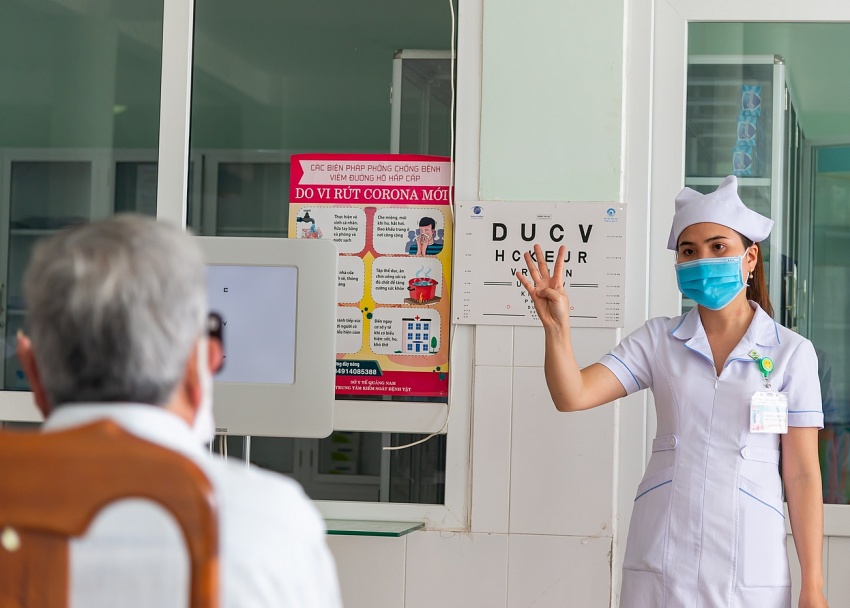 |
| The eye health programme “Hope In Sight” in Quang Nam province in March 2021 |
In an effort to help improve the accessibility of eye health services in Vietnam, Novartis Vietnam has entered into a partnership with international development organisation The Fred Hollows Foundation to implement a year-long eye health programme for blindness prevention in Vietnam.
Called “Hope In Sight”, the programme aims to improve the accessibility of eye health services by conducting community screening and comprehensive eye health programmes in the three localities of Danang, Quang Nam, and Tien Giang.
Dr. Shazli Ahmed Khan, franchise head of Ophthalmology, Respiratory, Neurology and Pain Portfolio at Novartis Vietnam said, “Two billion people are blind or vision-impaired worldwide. Half of them lack access to eye care. Almost 90 per cent of those living with blindness are in developing countries. We are working to change that in partnership with The Fred Hollows Foundation and the International Agency for Prevention of Blindness (IAPB) by expanding equitable access to eye care in remote communities in Vietnam.”
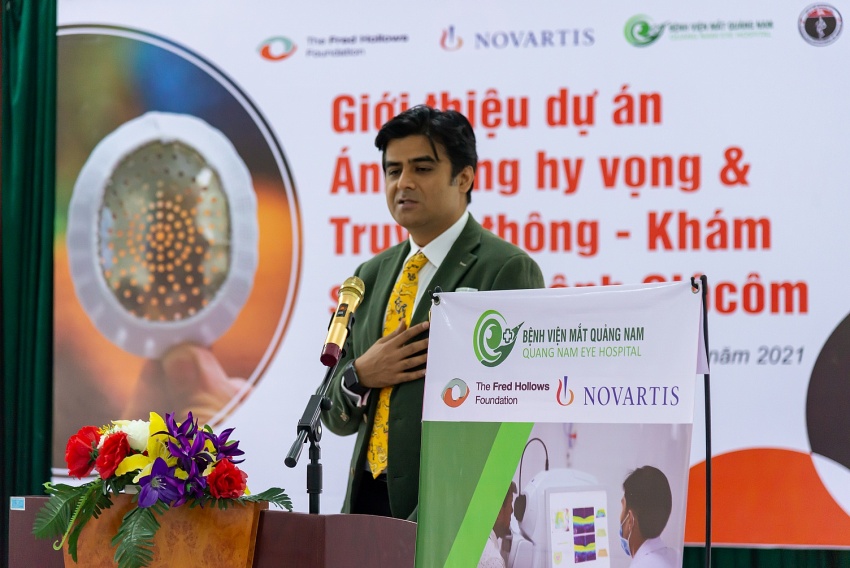 |
This programme aims to educate 1.3 million people on eye diseases and screen up to 36,000 patients. Up to 700 patients diagnosed with an eye condition will be referred for follow-up treatment. Within that group, priority will be given to the most vulnerable and marginalised – ethnic minorities, people with disabilities, and low-income adults and their children.
In order to educate communities on eye health, the “Hope In Sight” project rolled out a variety of online and offline initiatives such as banners, SMS blasts, TV and radio ads, as well as in-person events across Quang Nam, Danang, and Tien Giang.
In collaboration with local eye hospitals, the programme supports free-of-charge screening events where doctors and ophthalmic staff identify patients with eye diseases and refer them to medical tests if needed. These events have reached varied social groups, including adults through community events and students through school events.
“Hope In Sight” is one of Novartis' diverse on-going commitments to raise the community’s awareness of eye health. For the past 10 years, Novartis Global has been running a programme called the Excellence in Ophthalmology Vision Award (XOVA), awarding medical specialists who have devised initiatives that are expected to make significant contributions to satisfying unmet needs in the fields of ophthalmology and optometry.
What the stars mean:
★ Poor ★ ★ Promising ★★★ Good ★★★★ Very good ★★★★★ Exceptional
 Tag:
Tag:
Themes: Healthcare Platform
- PM outlines new tasks for healthcare sector
- Opella and Long Chau join forces to enhance digestive and bone health
- Hanoi intensifies airport monitoring amid Nipah disease risks
- Cosmetics rules set for overhaul under draft decree
- Policy obstacles being addressed in drug licensing and renewal
Related Contents
Latest News
More News
- Vietnam Television launches third 'Song Sau Lu' project for 2025 (December 15, 2025 | 08:00)
- Closing workshop highlights five-year impact of Fair for All project (December 12, 2025 | 16:22)
- Stakeholders mobilised before new child safety rules take effect (December 10, 2025 | 09:00)
- Vietnam receives emergency international relief as regional flooding intensifies (December 04, 2025 | 15:11)
- AmCham scholarships awarded to students (December 02, 2025 | 16:46)
- Vietjet flights carry love to devastated central region (November 28, 2025 | 11:35)
- SCG Sharing the Dream supports Vietnam’s youth and sustainable development goals (November 28, 2025 | 10:55)
- Siemens Caring Hands donates $34,700 for disaster relief in Vietnam (November 26, 2025 | 20:25)
- Ireland extends support for the Resilience First initiative (November 26, 2025 | 15:24)
- South Korea funds IOM relief for Vietnam’s typhoon-affected communities (November 24, 2025 | 15:33)

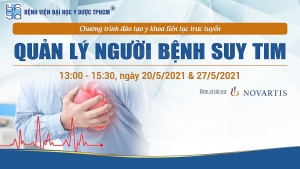
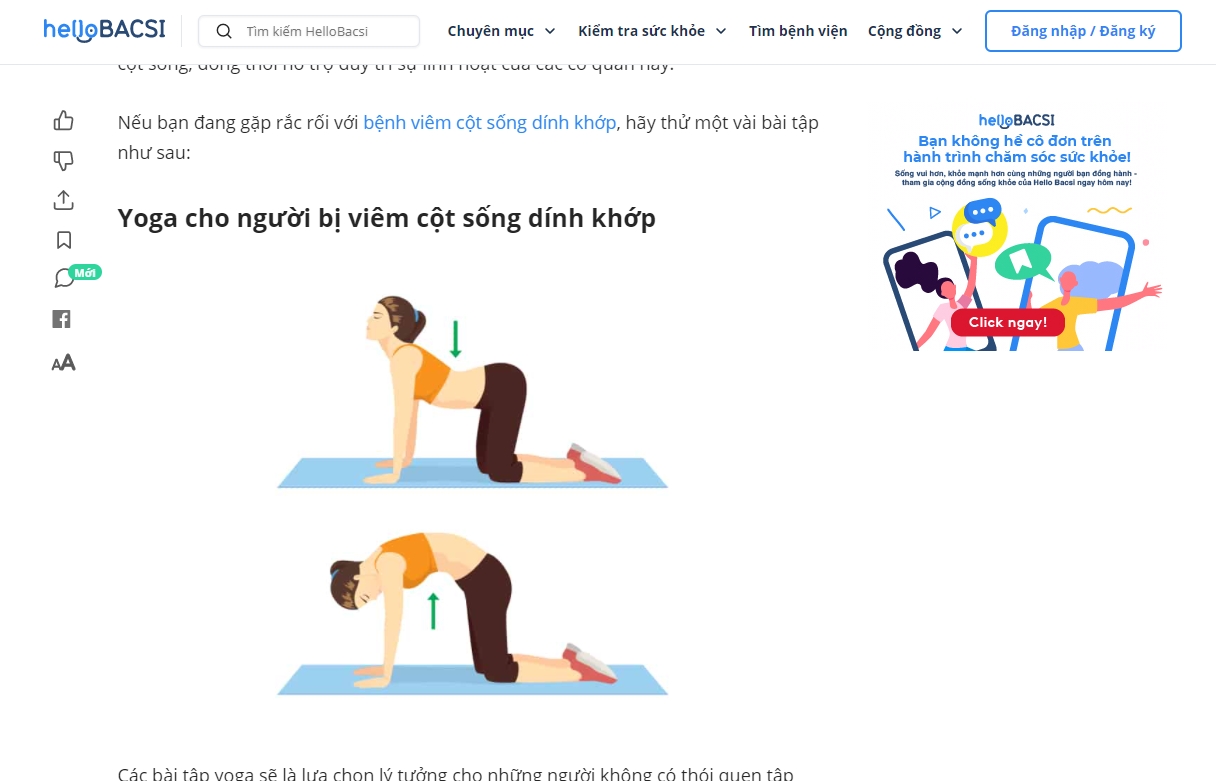
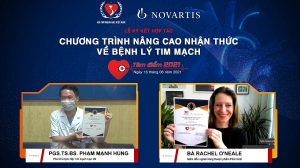
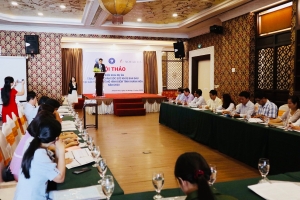
























 Mobile Version
Mobile Version